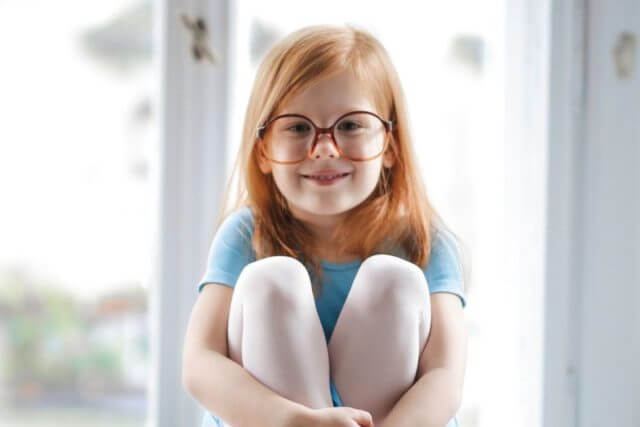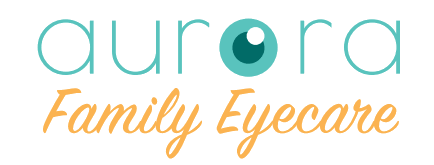
A Parent’s Guide to Pediatric Eye Care
As parents, we do everything we can to support our children’s development—yet vision is often overlooked in the early years. At Dr. Myrna Wong & Associates in Aurora, ON, we believe in the power of early detection and routine eye exams to set your child up for long-term visual and academic success. Understanding when to schedule their first visit and what to expect can help you make confident, informed decisions about your child’s eye health.
When Should My Child Have Their First Eye Exam?
According to the Canadian Association of Optometrists—and supported by Dr. Wong—children should have their first eye exam by six months of age, followed by another exam around age three, and then again before starting school. These early checkups help identify issues that may interfere with development, such as eye alignment problems, focusing difficulties, or even uncorrected refractive errors.
Dr. Wong explains, “We use objective tests, monitor overall eye health, and talk to parents about visual development—even if your baby or toddler can’t read letters on a chart.”
How Often Should Kids Have Eye Exams?
If no issues are detected early on, children should have annual eye exams throughout their school years. Kids’ eyes change quickly—especially between the ages of 6 and 18—and regular checkups allow us to track visual development and catch problems early, such as signs of myopia (nearsightedness) or digital eye strain from screen time.
Could My Child Need Glasses?
If either parent is nearsighted, your child has an increased risk. One nearsighted parent means about a 30% risk; if both parents are nearsighted, the risk jumps significantly. Myopia typically develops during childhood and can progress rapidly without early intervention. That’s why we offer myopia management programs designed to slow progression and preserve long-term vision.
Can Screen Time Affect My Child’s Eyes?
Yes. Studies have shown that extended use of digital devices and prolonged near work can contribute to the development of nearsightedness. Dr. Wong recommends at least two hours of outdoor time daily to give the eyes a break from close-up focus. Outdoor play not only supports overall development but also helps protect against myopia progression.
Signs Your Child May Have a Vision Problem
Kids don’t always know when they’re seeing differently, which is why parents should watch for these signs:
- Squinting at books or screens
- Sitting very close to the TV
- Holding books or tablets too close
- Frequent headaches
- Avoiding reading or struggling in school
“Children often assume that what they see is normal,” Dr. Wong explains. “That’s why these early visits are so important—even without complaints.”
Why School Screenings Aren’t Enough
While helpful, pediatrician or school vision screenings are not a substitute for a comprehensive eye exam. These quick tests usually check distance vision only and may miss subtle problems. At our clinic, a full pediatric eye exam includes checks for:
- Eye alignment and tracking
- Focusing ability
- Depth perception
- Color vision
- Internal eye health (retinal imaging when appropriate)
This thorough approach allows us to detect concerns early and recommend the right course of action.
Schedule Your Child’s Eye Exam in Aurora, ON
Whether your child is due for their first checkup or you’re concerned about a family history of vision issues, Dr. Myrna Wong & Associates is here to help. We provide gentle, age-appropriate exams using advanced technology in a warm, welcoming environment.
📍 Located in Aurora, Ontario, we’re proud to serve families throughout the community.
📞 Call 905-841-3937 or book your child’s appointment online today.
Give your child the gift of clear vision—starting with the right exam at the right time.


**The office is closed on all Saturdays during holiday long weekends (Family Day, Easter, Victoria Day, Canada Day, Civic Holiday, Labour Day & Thanksgiving)
Our office closes annually during the week between Christmas Day & New Year's Day in order to provide our doctors and staff time for rest and time to spend with their families during the holiday season.